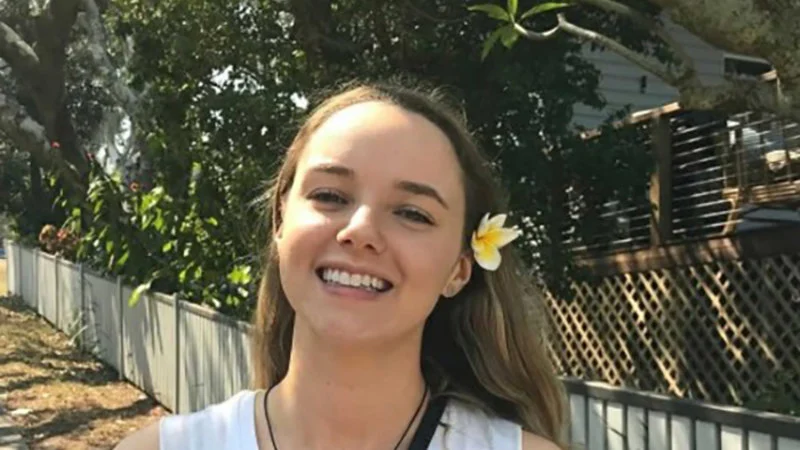“It’s really distressing having people coming in at the point of death … knowing this person isn’t going to survive, knowing about the family left behind,” said Melbourne obstetrician Associate Professor Vinay Rane, who is among a chorus of obstetricians calling for tough new regulations of unregistered birth workers.
“We urgently need legislation to prevent unqualified individuals from providing or selling advice that mimics healthcare.”
There has been an anecdotal rise in freebirths since the pandemic fuelled scepticism in some parts of the country about conventional medicine. Social media influencers have promoted the idea that unwanted interventions can be avoided by giving birth outside the health system.

Associate Professor Vinay Rane says birth attendants need to be better regulated.Credit: Simon Schluter
There are currently no requirements for birth workers such as doulas to be registered in Australia, and most do not have any medical training. The South Australian and Western Australian governments have introduced lists of birth practices that may only be performed by registered medical practitioners or midwives.
These include monitoring foetal heart rate, vaginal examination and checking for completeness of the placenta.
In South Australia, as in Britain, it is an offence for any person other than a registered midwife or medical practitioner to carry out clinical care during birth. Unregistered people who do this risk a maximum penalty of $30,000 or 12 months in prison.
Dr Nisha Khot, president of the Royal Australian and New Zealand College of Obstetricians and Gynaecologists, said regulating doulas and defining their role would protect the safety of women and babies.
“Doulas who are doing the right thing make it very clear that they are not providing medical and clinical advice and that they are there to support women,” she said.
“But we find that there are doulas who veer into providing medical and clinical advice which they are not qualified to do. Women sometimes don’t understand the difference between a qualified, registered midwife and a doula.”
Dr Gino Pecoraro, the Australian Medical Association’s spokesman on obstetrics, said it was tragic that women felt they had to turn to freebirth, something he described as “so obviously dangerous”.
“In this day and age, where we can make the hospital environment more home-like and have access to everything they need, it is sad that people would choose to do it at home alone with no professional support.”
He said new regulations needed to be considered to ensure women understood the different roles of doulas, midwives and obstetricians.
Pecoraro has treated a number of women who have chosen to freebirth and then ended up in hospital with serious complications.
In one case, more than a decade ago, a baby died after his mother laboured for a long period of time during a freebirth and developed an infection.
The Australian College of Midwives chief executive Helen White said some women chose to freebirth when they felt unsupported in hospital or by health professionals.
She said doulas provided important emotional support to women during labour but were not qualified to provide clinical expertise or advice.
“The priority must remain on improving access to a woman’s choice of maternity care and ensuring maternity systems are safe, and trusted,” she said.
White called for more funding for publicly funded homebirth programs, Medicare funding for private homebirth midwives and an expansion of midwifery continuity of care models.
A Victorian government spokesman said the lives of a mother and baby could be put at risk when registered midwives or trained clinicians weren’t present during birth.
“Victoria has some of the best and safest maternity and newborn services in the world, and we strongly encourage families considering a freebirth to make use of these services.”
A Safer Care Victoria spokesperson said everyone had the right to choose where and how they planned to give birth. But they added: “Without the presence of a registered midwife or clinician, the lives of a mother and baby can be put at risk, even for pregnancies that have been healthy.”
Two doula organisations were contacted for comment but did not respond before deadline.
Start the day with a summary of the day’s most important and interesting stories, analysis and insights. Sign up for our Morning Edition newsletter.


